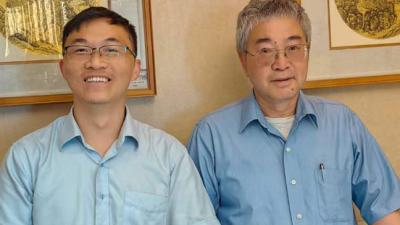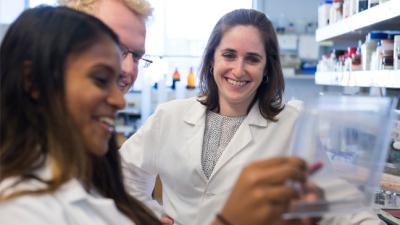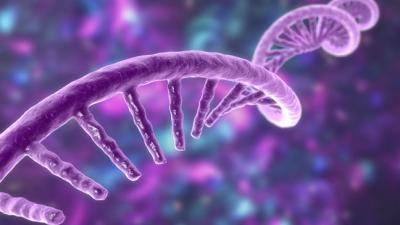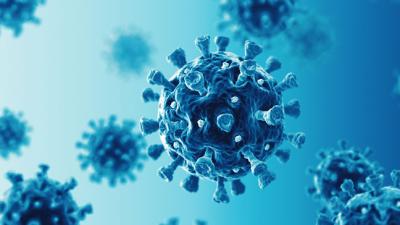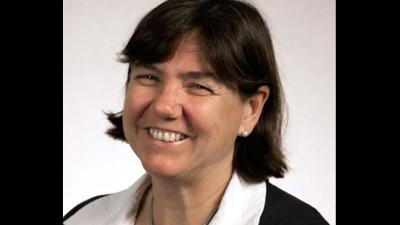Researchers Use AI To Predict Challenging Behaviors Common in Profound Autism
Using artificial intelligence tools to analyze years of biomedical data, researchers at Rensselaer Polytechnic Institute have discovered a possible connection between sleep, gastrointestinal health, and two potentially harmful behaviors often associated with profound autism: self-injury and aggression. Their study is published in the Journal of Personalized Medicine.



